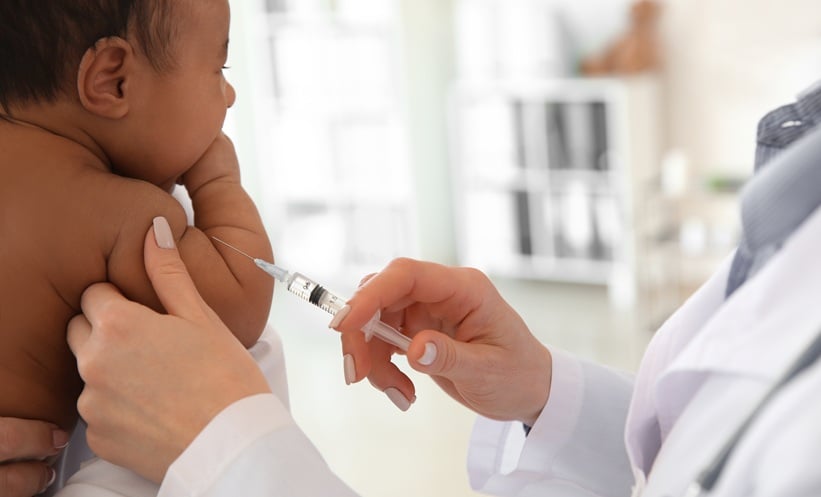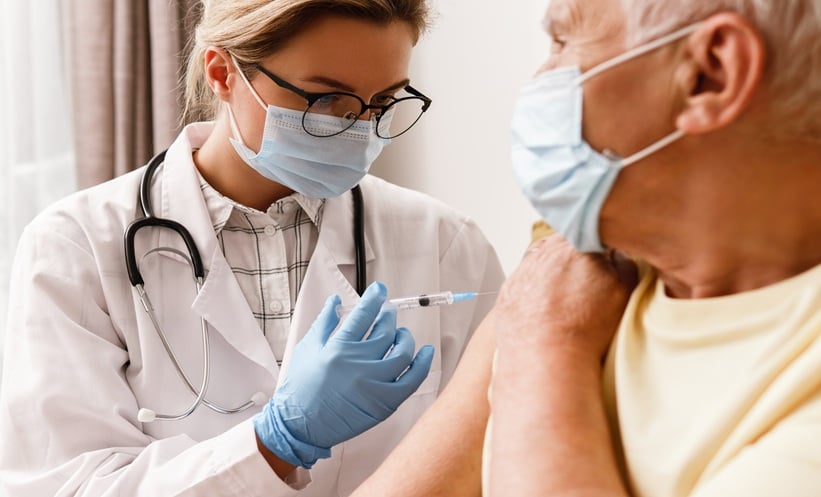A COMPARISON of national respiratory syncytial virus (RSV) prevention strategies has shown that monoclonal antibody immunisation in Spain was vastly more effective than maternal vaccination in the UK.
The REACH study retrospectively analysed routine national hospital admission data from Spain and the UK to assess the impact of the two different immunisation strategies implemented during the 2023/24 RSV season. Spain offered the long-acting monoclonal antibody nirsevimab to all infants born from 1 April 2023. The UK offered maternal RSV vaccination from September 2023, with estimated coverage below 60%, and administration beginning close to the start of the RSV season.
Among infants <6 months of age, hospitalisation rates for RSV in Spain dropped from 10.3 to 1.74 per 1,000 infants after implementation of nirsevimab (incidence rate ratio [IRR]: 0.17, 95% CI: 0.14–0.22), representing an 83.1% reduction. In contrast, in the UK, hospitalisation rates among infants <6 months were 11.4 per 1,000 during the 2023/24 season, compared with 10.7 per 1,000 in the 2022/23 season (IRR: 1.06, 95% CI: 0.92–1.23), suggesting no significant impact. The proportion of infants hospitalised with RSV aged under 3 months was significantly lower in Spain (49%) than in the UK (74%).
These findings strongly favour monoclonal antibody administration at birth as the more effective strategy for reducing RSV hospital burden in infants. The limited impact of maternal vaccination may reflect suboptimal coverage and timing.
Reference
Martyn O et al. Evaluating the public health impact of infant RSV prophylaxis programs in Spain and the UK: preliminary results from the reach study. Abstract 2393. ESPID Annual Meeting, 26-30 May, 2025.








